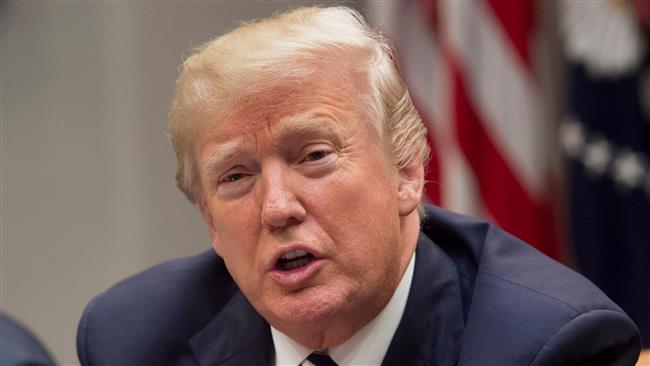
RNA - A week after taking office, Trump signed an order on January 27, 2017, banning citizens of seven Muslim-majority nations from entering the United States.
The ban, which the administration said was for national security reasons, sparked mass protests in airports across the country and triggered swift moves by courts to block the order.
That nationwide backlash joined the ranks of the historic Women’s March in Washington, which rocked Trump’s inauguration and became a defining moment in organized opposition against the new administration.
Protesters on Saturday decried the ban, holding signs that read, “No Muslim Ban” and “Refugees welcome.”
“We strongly condemn, like you, the racist and white supremacist beliefs reflected in President Trump’s remarks, actions and programs by this Muslim ban, the cancelling of DACA, the labeling of Black Lives Matter as identity extremists — a false designation,” Robert McCaw of the Council on American-Islamic Relations (CAIR) said at the protest.
“We will fight the white supremacy of this administration,” he added.
Trump has said the travel restrictions are needed to tighten security and prevent terrorist attacks. Opponents say the ban violates the US Constitution because it discriminates against Muslims and certain nationalities.
During the 2016 presidential race, Trump campaigned for "a total and complete shutdown" of Muslims entering the United States on the pretext of preventing attacks.
847/940